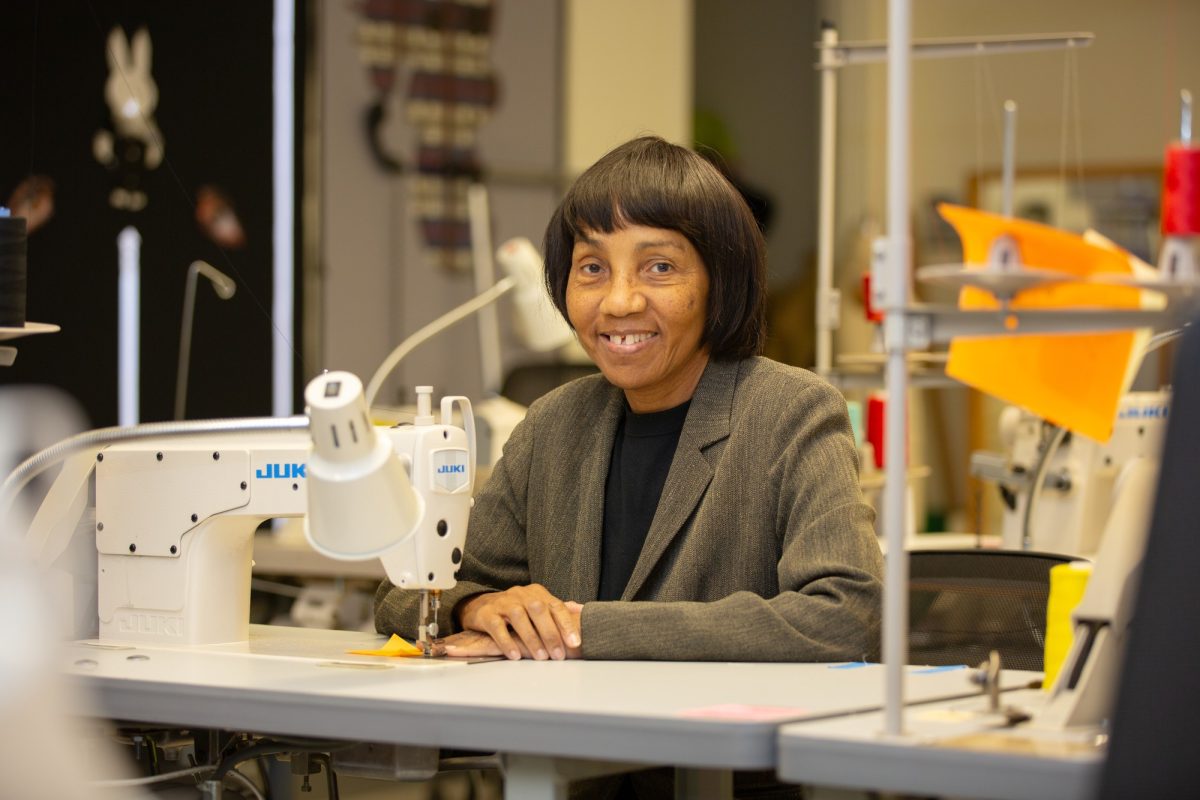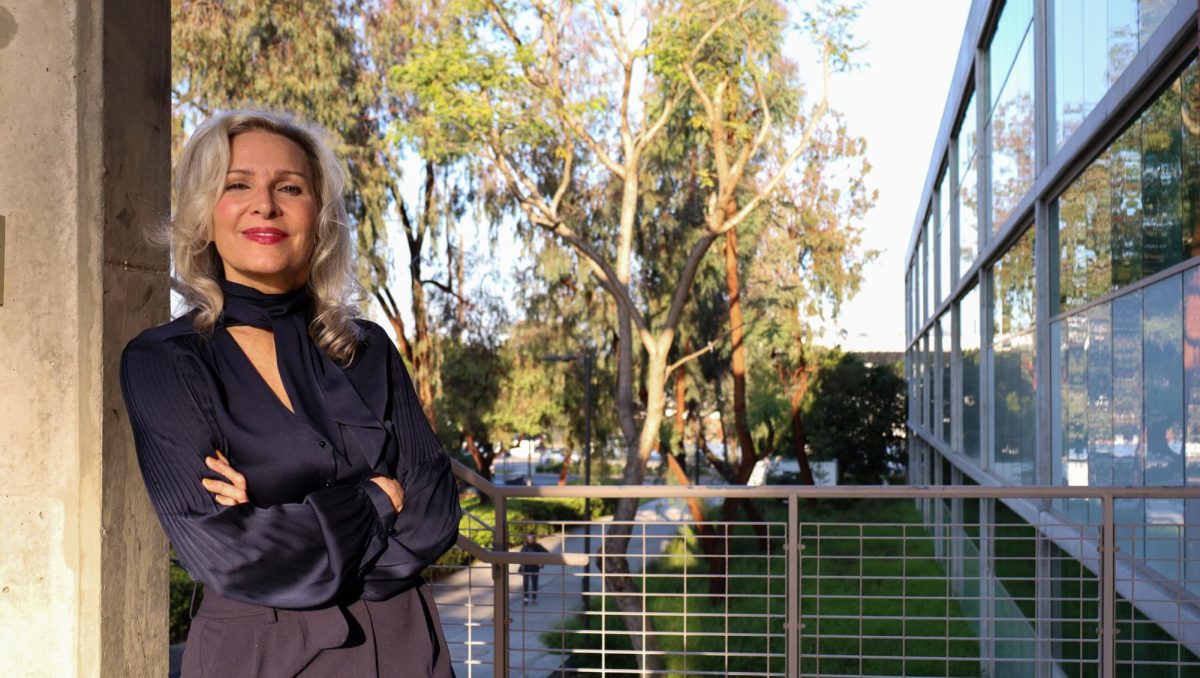Grades are in and students rush to their computers to see their transcripts.
With confidence, a student pulls up their EC gradebook, expecting to find a perfect display of A’s down the row.
Their stomach drops as they notice a blemish on their record.
After counting and recounting the points they earned in the class, it is clear they were given a grade they didn’t deserve.
Receiving the wrong grade and dealing with discrimination and harassment are very real situations and EC offers assistance for all students no matter what the problem is.
In a situation where students find themselves with a grade they don’t deserve, “as a result of mistake, fraud, bad faith, or incompetency,” they are in their right to “appeal the grade within 18 months of the last day of the term in which the grade was given,” according to the EC Student Catalog.
The grade appeal may be filed using a grade change petition form which can be found in the dean’s office or the Admissions and Records office.
The form can be taken to the respective dean of that division in which the student is taking the class and their grade may be changed if they can prove the grade is inaccurate.
But sometimes things can be more serious and when students experience any type of discrimination or sexual harassment they can also get help on campus.
Although Jasmin Cardenas, 19, communications major, has never felt any type of unwanted behavior from anyone, she said she wouldn’t know where to go if that ever happened.
“I have no idea what I would do” she said. “I probably wouldn’t want to be in the class or I would just make sure I’m never alone around the teacher.”
Sexual harassment and discrimination cases are considered civil crimes and it’s not necessary to file a police report.
“People are so frustrated and angry and they feel that they’ve been done wrong and they come to the police, and that’s fine” Jan Caldwell, campus police officer said.
“We are happy to help with whatever we can, and that might just be directing them to the right place,” she said.
In any case of sexual harassment students can go to Leisa Biggers, director of Staff and Student Diversity, Rebecca Cobb, director of student development, said.
Their office is located in the Administration Building, Room 210.
Here students can find more information about the services they offer like counseling or conducting investigations for discrimination and sexual harassment complaints.
It’s important for students to speak up because “if it’s happening to one person, chances are that it’s happen to someone else or it’s going to happen to someone else,” Cobb said.
According to the EC Non-Discrimination Policy, “no person shall be unlawfully denied full and equal access to, the benefits of, or be unlawfully subjected to discrimination on the basis of ethnic group identification, national origin, relation, age, sex (harassment), race, color, ancestry, sexual orientation, physical or mental disability or retaliation in any program.”
However, just like there is help for victims, there are also consequences for false accusations.
“Students can be arrested for filling a false police report and also there is a disciplinary process that they would go trough because lying is a violation of the student conduct code” Cobb said.
Students should also be aware of the rules and regulations when it comes to dating and having certain relationships with instructors.
“All institutions shy away or try to dissuade faculty from having a relationship with students because there is a power differential,” Cobb said.
“Certainly it is unethical for a faculty member to have a relationship with a student who is in their class.”



